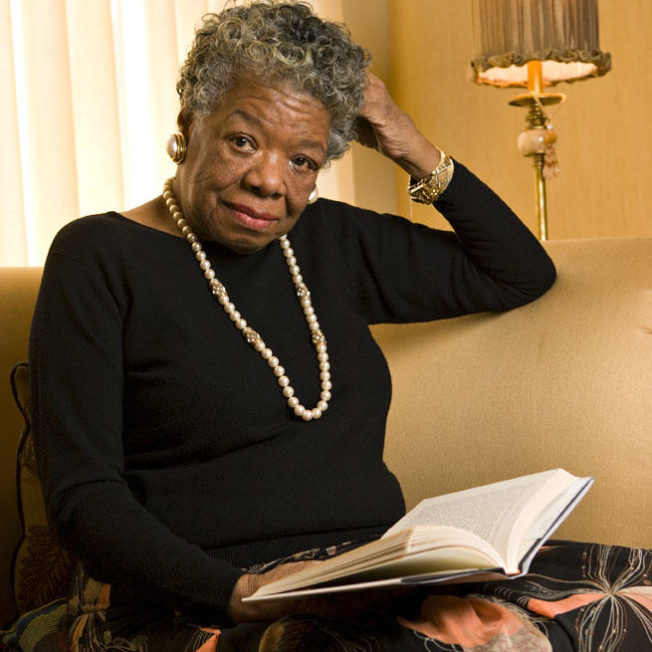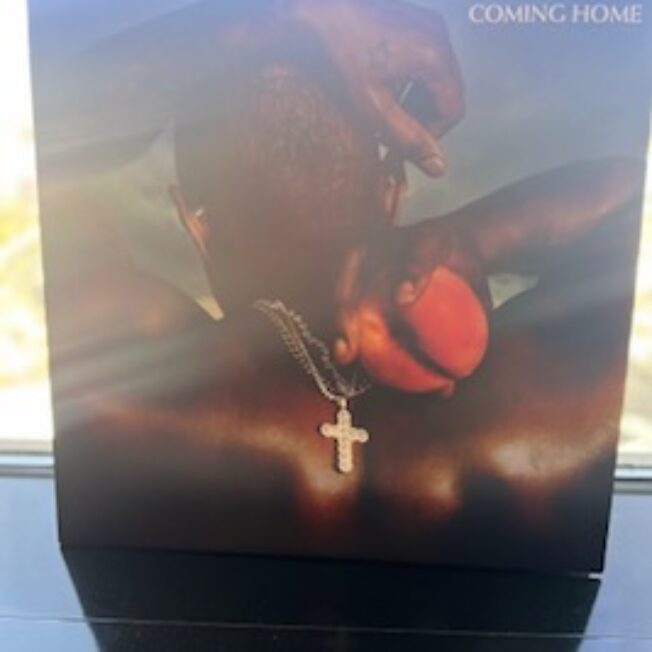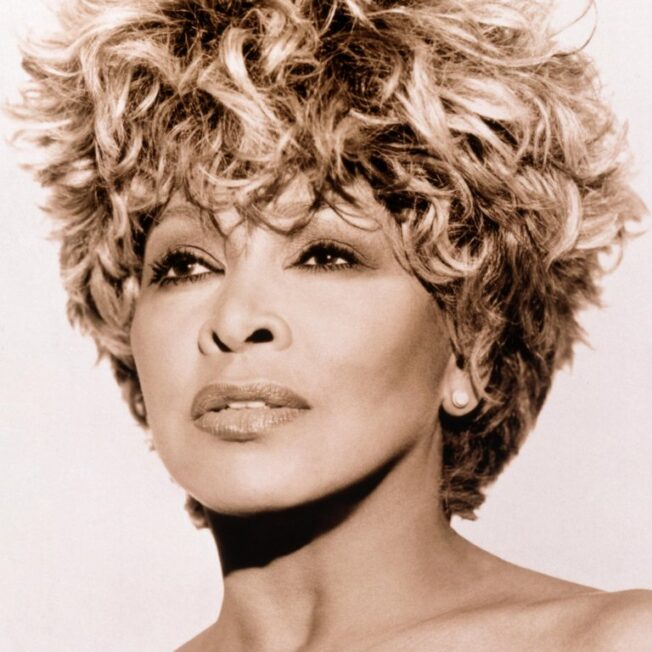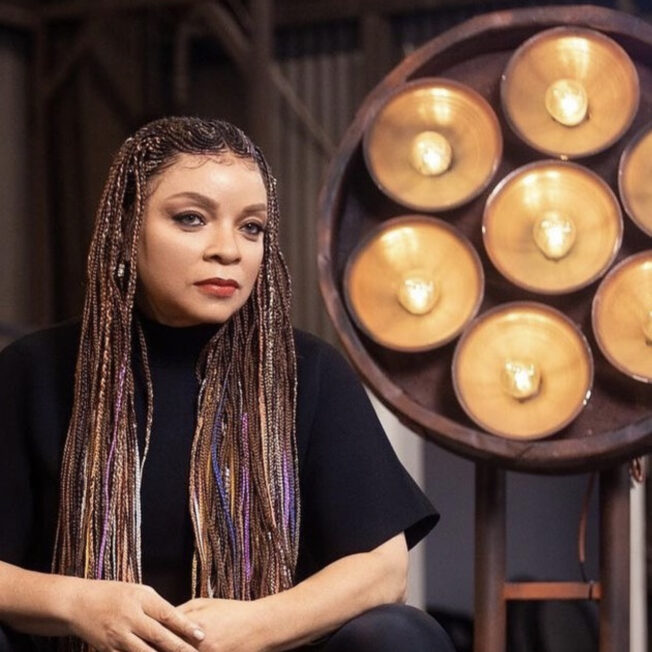Dr. Maya Angelou was an American memoirist, poet, actress, singer, dancer, director, producer, women’s and civil rights activist. Her debut memoir, I Know Why the Caged Bird Sings, is regarded as a modern American classic, recognized for being one of the first published personal accounts of an African-American woman’s experience in the United States.
The groundbreaking firsthand account explored social issues including identity, sexual assault, racism, literacy, sexism, and female sexuality. She has stated that her objective in writing the memoir was to ‘tell the human truth.’
In 2011, I was fortunate enough to hear Dr. Maya Angelou speak live at a spoken word performance at UCLA. She had recently been awarded the Presidential Medal of Freedom by then-President Barack Obama. Dr. Maya Angelou passed away just three short years later.
In her 1969 contemporary classic, I Know Why the Cage Bird Sings, Dr. Maya Angelou briefly yet movingly recounts her experience as a victim of childhood sexual assault at the hands of her mother’s boyfriend when she was only eight years old. The subsequent trauma rendered Angelou mute, speaking only to her brother Bailey, for almost five years.
On the evening I was honored enough to hear Dr. Maya Angelou’s spoken word live and in person, Dr. Maya Angelou shared how, after the trauma of the rape had stifled her voice and severed her faith, literature served as a sort of lifeline for her, reconnecting her once again to all of humanity.
Ultimately, it was the words of strangers, like Charles Dickens, William Shakespeare, and Edgar Allen Poe, that gently coaxed Angelou to once again rediscover her voice, both literally and figuratively. She explained to our modest and humbled audience, “When I started reading Shakespeare, I thought he must have been a black girl, living in the south, who had been molested. How else could he know what I know?
I will always remember that evening and the words of wisdom she shared. And not merely for her words of wisdom but also for her presence; her intrinsic poise and grace. Not a pretentious sort of ‘poise’ or a holy sense of ‘grace.’ No, Dr. Maya Angelou had that cool-as-a-cucumber, you-just-met-her-but you’ve-known-her-forever sort of poise. And strangely, it felt like she knew you right back. Perhaps, Dr. Maya Angelou did know me, and you, and everyone else in this world.
Perhaps, Dr. Maya Angelou had attained a level of wisdom and understanding beyond most of our capabilities, or more realistically, our willingness. Yet hearing Dr. Maya Angelou speak that evening in 2011, it sure felt as though she knew something that I had yet to learn. Not just anything- something intrinsically true. Something startlingly real. Something profoundly important.
As I continued to listen to Dr. Maya Angelou in captivated awe, she said, “Human beings are more alike than we are unalike. I know that. At my best and at my worst, I represent you. And at your best and at your worst, you represent me. If you remember that in everything you do, even in saying hello to a stranger, you can lift up the whole human race.”
In our modern, sometimes scary, fast-paced, chaotic society, this advice may, at first, seem like an overly simplified, naive, and credulous concept. Yet, Dr. Maya Angelou was living proof of this bare yet profound human truth. And although sadly, she has passed on from this world, her words continue to serve as an eternal reminder that we are never alone, we always have a voice, and perhaps most importantly, the power to set positive change into motion, even by simply smiling and saying ‘hello’ to a passerby on the sidewalk.




















